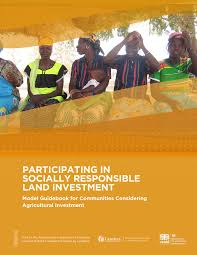Gender and international financial institutions. A guide for civil society
The guide consists of an overview of the gender relevant policy framework and initiatives at IFIs. It also contains a gender checklist which should help civil society organisations in determining whether gender considerations have been addressed during the preparation and implementation of IFI-financed projects and programmes. The checklist is divided into three parts:
• broad gender considerations during the project/programme preparation, monitoring and evaluation stages,
• gender issues that need to be addressed during the assessment of projects in particular sectors











